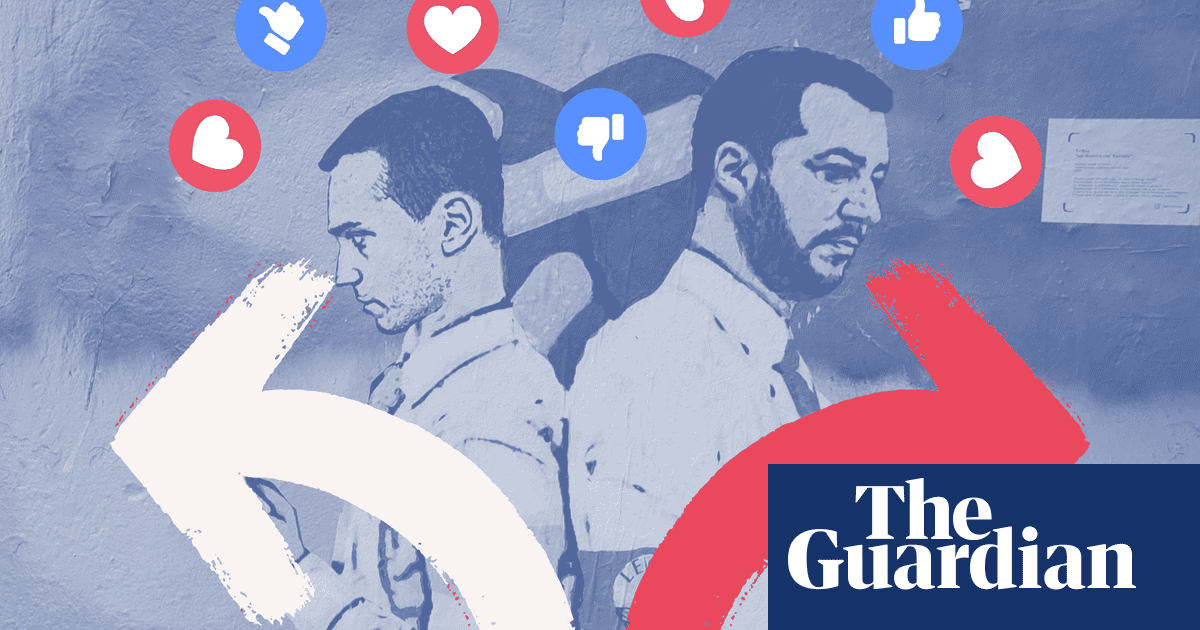as mentioned in Earlier this week, The New York Times reported that a group of "Democratic tech experts" used Russian-style disinformation tactics during Alabama's 2017 special election in an attempt to splinter support for Republican candidate Roy Moore. Now, The Washington Post reports that Facebook has suspended accounts used by five people involved in the project. The Times report lays out what occurred in Alabama last year: the project's participants started a Facebook page where they posed as conservative Alabama voters. He characterized the effort as a "small experiment" intended to study how such efforts worked, rather than to influence the election. The tactics used in this project were similar to those reportedly used by Russia, which sought to sow divisions between Democratic voters in an effort to swing the election to then-Candidate Donald Trump.

collected by :Roy Mark
Revealed: how Italy's populists used Facebook to win power
Salvini and Di Maio also secured about 7.8m Facebook likes and shares each during the two-month campaign. Their nearest rival on Facebook was Giorgia Meloni, the leader of the small populist far-right party Brothers of Italy, whose posts secured 2.6m Facebook likes and shares. "You can speak to the people's guts on social media much better than on big media," he said. There is growing academic interest in the relationship between social media and populist movements on both the left and right. Some researchers claim an algorithmic change enacted by the social media company last January to combat fake news and downgrade news content had the unintended consequence of fuelling protests.
Facebook explains how Netflix, Spotify, and others used the info they got
as declared in Facebook on Wednesday evening published a blog post explaining why it allowed Spotify, Netflix and the Royal Bank of Canada to read, write and delete private user messages, as was reported by the New York Times on Tuesday. In its blog, Facebook said it gave these companies the ability to read, write and delete access to private messages so that users could communicate with one another using those third-party services. "No third party was reading your private messages, or writing messages to your friends without your permission," the Facebook blog said. "Many news stories imply we were shipping over private messages to partners, which is not correct." Facebook shares are down more than 25 percent so far this year and down nearly 40 percent since a peak in July.collected by :Roy Mark
Comments
Post a Comment